Bangladeshi students face one of the most important academic decisions of their lives: choosing between the Science, Business Studies, or Humanities groups. This choice significantly shapes their future education, career options, and personal growth. While each stream offers unique opportunities, they also come with their own set of challenges. Understanding the pros and cons of each stream is essential for students and parents to make informed, realistic, and interest-driven decisions. Below is a breakdown of the advantages and disadvantages of each option to help guide this critical choice.
🔬 Science Group
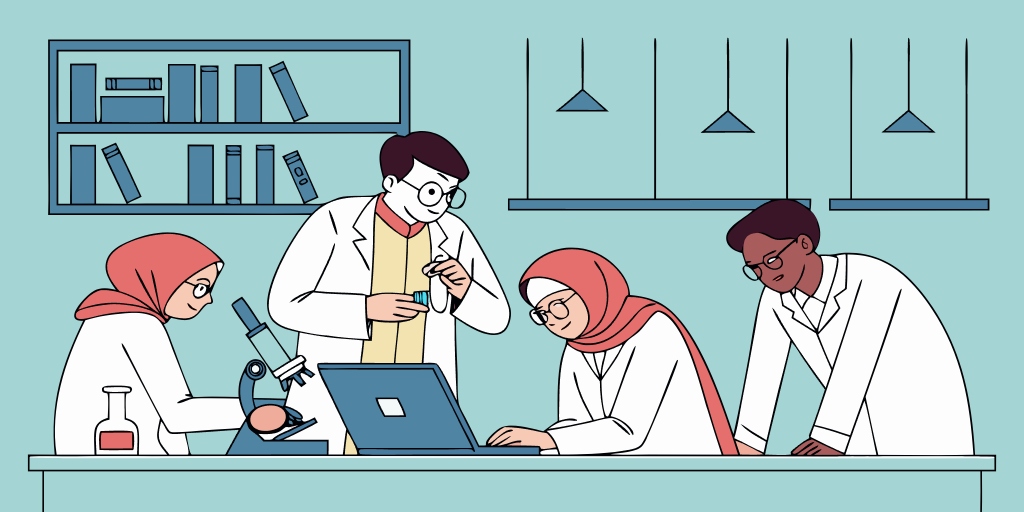
The Science group at the Secondary School Certificate (SSC) level in Bangladesh is designed for students with a strong interest in mathematics, physics, chemistry, and biology. It is considered the most academically rigorous stream and is often chosen by high-performing students aiming for careers in medicine, engineering, information technology, or scientific research.
🔍 Core Subjects Include:
- Physics
- Chemistry
- Higher Mathematics
- Biology (optional or in combination)
✅ Pros:
- High Prestige: Considered the most prestigious stream in society.
- Career Opportunities: Access to high-demand professions like doctors, engineers, IT specialists, scientists.
- Strong University Pathways: Eligibility for top institutions like BUET, Medical Colleges, and science faculties of DU, RU, SUST, etc.
- Analytical Skills: Builds strong logical, mathematical, and problem-solving abilities.
❌ Cons:
- High Pressure: Heavy syllabus, long study hours, and intense competition.
- Costly: Requires extra expenses for private coaching and lab materials.
- Limited Flexibility: Less room for shifting to non-science careers without extra effort.
- Parental & Societal Pressure: Often chosen due to expectations, not personal interest.
💼 Business Studies Group
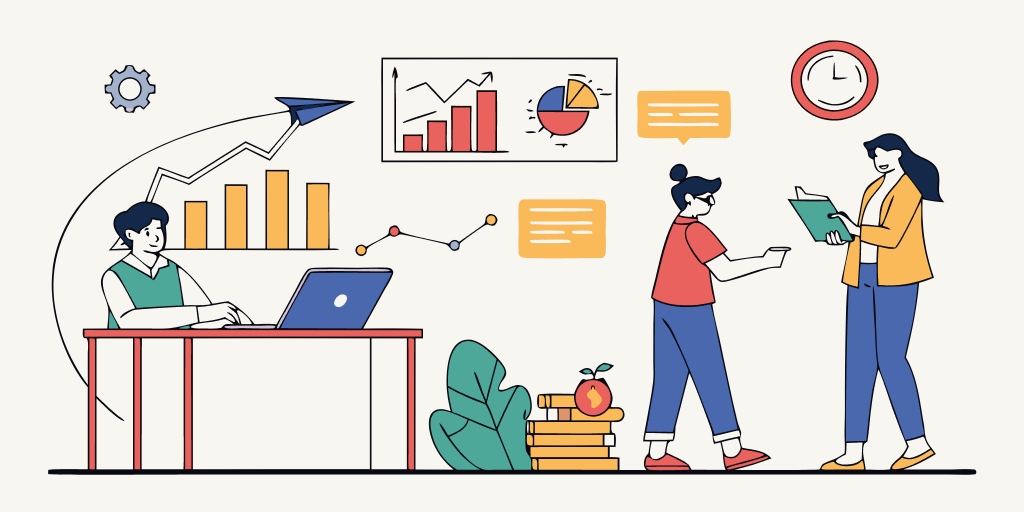
The Business Studies group at the SSC level in Bangladesh is designed for students interested in commerce, finance, economics, and entrepreneurship. It provides practical knowledge about the business world and is a popular choice among students aiming for careers in banking, accounting, management, or business-related fields.
🔍 Core Subjects Include:
- Accounting
- Business Entrepreneurship
- Finance & Banking
- General Mathematics
✅ Pros:
- Growing Relevance: Aligns with Bangladesh’s expanding corporate, banking, and entrepreneurial sectors.
- Practical Application: Focus on real-world subjects like accounting, finance, and marketing.
- Moderate Workload: More balanced than Science, offering space for extracurricular activities or part-time work.
- Cost-Effective: Lower academic expenses than Science.
❌ Cons:
- Mid-Level Prestige: Seen as a second choice after Science.
- Competitive Market: Business degrees are common, so job competition can be high without specialized skills.
- Math Dependency: Students weak in mathematics may struggle.
- Limited Government Job Paths: Some BCS and public sector positions prefer science or humanities backgrounds.
📚 Humanities Group
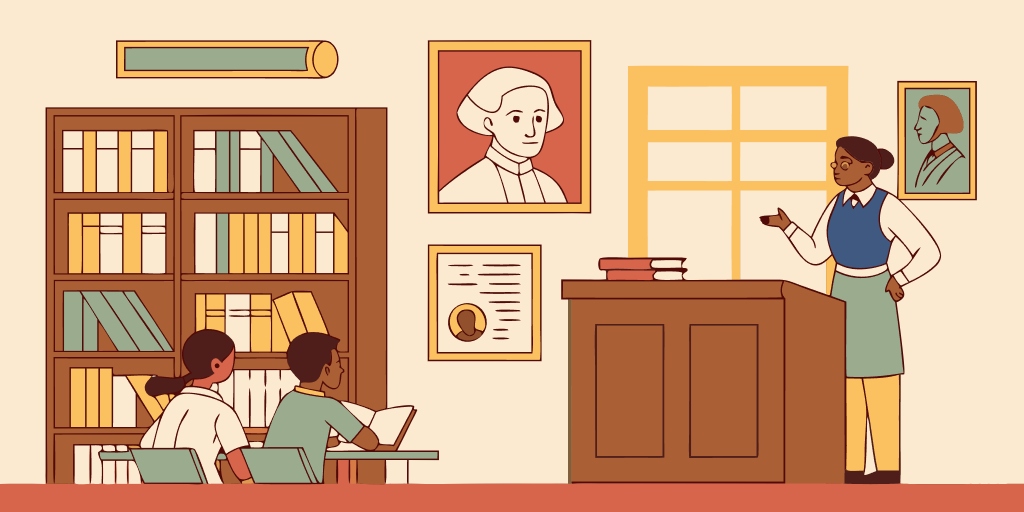
The Humanities group at the SSC level in Bangladesh is tailored for students interested in literature, history, culture, society, politics, and human behavior. It provides a broad and critical understanding of social sciences and liberal arts, making it an ideal choice for students who aspire to work in education, civil service, law, journalism, social work, or public policy.
🔍 Core Subjects Include:
- History of Bangladesh & World Civilization
- Civics and Citizenship
- Geography and Environment
- Economics (optional)
- Islamic Studies / Logic (optional)
✅ Pros:
- Broad Perspective: Encourages critical thinking, creativity, and awareness of history, politics, and society.
- Civil Service & Legal Edge: Strong foundation for BCS exams, law, journalism, teaching, or public policy.
- Affordable: Lower academic and coaching costs.
- Creative Freedom: Appeals to those passionate about literature, arts, social work, or writing.
❌ Cons:
- Low Prestige: Often seen as a stream for “weak” students (a misconception).
- Limited Career Options (Perceived): Fewer “structured” career tracks compared to Science or Business Studies.
- Undervalued in Society: Students may feel underestimated or discouraged.
- Fewer Resources: Less investment in humanities departments in many schools/colleges.
How we should decide on our Group
Choosing a stream after completing the Secondary School Certificate (SSC) examination is a pivotal moment in the academic journey of Bangladeshi students. The decision to pursue Science, Business Studies, or Humanities shapes not only future education but also career prospects, social identity, and personal fulfillment. In Bangladesh, where education is highly valued and often competitive, this choice becomes even more critical.
While the decision may seem straightforward on the surface, it is influenced by a multitude of factors including academic performance, parental expectations, socioeconomic conditions, future job market trends, societal perceptions, and personal interest. This blog post explores these factors in depth to provide a comprehensive understanding of what guides Bangladeshi students in choosing their academic streams.
Academic Performance and SSC Results
The most immediate and influential factor in determining a student’s stream in Bangladesh is their performance in the SSC examination.
- Science typically demands the highest GPA, particularly in prestigious colleges. Students scoring GPA 5.00 (A+) in science subjects such as mathematics and general science are often prioritized.
- Business Studies is usually considered the middle ground, requiring slightly lower GPAs, making it accessible to a broader range of students.
- Humanities is often the fallback option for those who did not perform well in SSC or are not inclined toward science or commerce subjects.
Unfortunately, this creates a hierarchy of perception: Science is “superior,” followed by Business Studies, and Humanities is viewed as the last resort. This performance-based selection system often overshadows students’ interests or career goals.
Parental Influence and Expectations
In Bangladesh, parental expectations play a significant role in educational choices. Most parents, especially in middle-class or educated families, aspire for their children to become doctors, engineers, or government officers.
- Parents often push students toward Science because they believe it leads to prestigious professions such as medicine, engineering or research. (How to change the parents perspective?)
- Business Studies is considered suitable for students who want to enter the corporate world, banking sector, or entrepreneurship.
- Humanities is rarely encouraged unless the parents themselves are from a liberal arts background or recognize the potential of careers in law, journalism, literature, or public administration.
This pressure can lead students to choose streams that do not align with their interests or aptitudes, causing long-term dissatisfaction.
Societal Perception and Prestige
Bangladeshi society has deeply rooted perceptions regarding different educational streams:
- Science is seen as the domain of the most talented and intelligent students. Studying science carries social prestige, especially if the goal is to enter medical college (MBBS) or BUET (Bangladesh University of Engineering and Technology).
- Business Studies is respected, particularly in urban areas where business and corporate careers are growing. However, it’s often seen as a “Plan B” after Science.
- Humanities, unfairly, is often associated with weak academic performance. Students in this stream are sometimes labeled as “less capable,” despite the intellectual rigor required in subjects like political science, history, economics, and philosophy.
These societal biases influence not just students and parents, but also teachers and educational institutions, further reinforcing the hierarchy.
Career Aspirations and Future Opportunities
The stream a student selects determines the pool of university subjects and careers they can pursue:
Science
- Career paths: Doctor, Engineer, Architect, Pharmacist, Scientist, IT Professional, University Lecturer in Science fields.
- Universities: BUET, DU (Science Faculty), Medical Colleges, KUET, RUET, SUST.
- Job market: Competitive but stable, especially for medical and IT-related fields.
Business Studies
- Career paths: Accountant, Banker, Economist, Manager, Business Analyst, Entrepreneur, Corporate Executive.
- Universities: IBA-DU, NSU, BRAC University, Dhaka University (Business Faculty), BUP.
- Job market: Growing rapidly with Bangladesh’s expanding private sector and entrepreneurship ecosystem.
Humanities
- Career paths: Civil Services (BCS), Lawyer, Journalist, Teacher, Social Worker, Political Analyst, Writer.
- Universities: Dhaka University (Arts Faculty), Rajshahi University, Jahangirnagar University.
- Job market: Diverse but less structured; competitive for civil services and journalism.
Students who have a clear vision of their future career often choose the stream that aligns with that vision. However, many students are unaware of the full range of options, which makes career counseling essential.
Availability of Quality Educational Institutions
Access to quality colleges can also influence a student’s decision:
- Urban centers like Dhaka, Chattogram, Rajshahi, and Sylhet offer a wide range of colleges with strong science, business, and humanities departments.
- In rural areas, however, science streams may not be available due to a lack of laboratories, qualified teachers, or equipment.
- Business Studies and Humanities are more common in smaller towns, often leading students to choose them by default, rather than preference.
This geographic and infrastructure disparity restricts genuine choice and forces students to conform to what’s available.
Peer Influence and School Environment
Students are significantly influenced by their friends and school environment. When most friends are opting for Science, a student may feel pressured to follow suit, even if their interests lie elsewhere. The culture of competition and comparison among peers further amplifies this pressure.
Schools also play a role in encouraging students toward certain streams. For example:
- Teachers may recommend science for high-performing students.
- Business teachers may present commerce as a lucrative option.
- Humanities may be overlooked or undervalued unless there’s an enthusiastic faculty.
Peer pressure, combined with institutional bias, can steer students away from their genuine interests.
Financial Considerations
Financial constraints are a critical factor in many families’ decision-making processes:
- Science education often requires extra costs for private coaching, lab fees, and preparation for admission tests (e.g., medical or engineering).
- Business Studies and Humanities are generally more affordable, with less dependence on coaching and fewer academic tools required.
Middle- or lower-income families may steer children toward streams that are less financially burdensome, even if the child has potential for a science career. Moreover, business studies can also be seen as a shortcut to entrepreneurship and income generation in the short term.
Gender Roles and Cultural Norms
In many conservative or rural parts of Bangladesh, gender stereotypes also influence stream selection:
- Science and business are more often promoted for boys, under the assumption that they will be the family’s breadwinners.
- Girls are sometimes encouraged to pursue Humanities, as these are perceived to be “lighter” or more compatible with household responsibilities.
- However, urban and educated families are increasingly supportive of girls entering science and business, with many excelling in medicine, engineering, or accounting.
This gender bias is slowly diminishing, but it still plays a role in shaping students’ educational paths.
Access to Career Counseling and Information
In Bangladesh, there is a lack of structured career counseling in most schools. As a result:
- Students make uninformed decisions.
- Many are unaware of modern career paths (like data science, UX design, environmental policy, or international relations).
- Decisions are made based on outdated perceptions, family advice, or guesswork.
When proper guidance is given, students are more likely to choose streams aligned with their skills, passions, and long-term goals.
Passion and Personal Interest
Though often overlooked, personal interest is the most important but least prioritized factor:
- A student passionate about writing, reading history, or public speaking might thrive in Humanities but may be pushed toward Science.
- Someone fascinated by money, markets, or trade might be better suited for Business Studies but forced to study science to meet parental expectations.
Students who are allowed to follow their interests tend to perform better academically and professionally. Passion fuels commitment, and commitment leads to success — regardless of the stream.
Conclusion
Each group has its own strengths and challenges. The best choice depends on a student’s aptitude, career goals, interest, and personal circumstances — not societal ranking. Choosing the right stream should be a thoughtful, informed decision that supports long-term success and satisfaction.
In Bangladesh, the decision to choose between Science, Business Studies, or Humanities is not simply an academic choice — it’s a multifaceted decision influenced by academic results, societal norms, parental pressure, career goals, financial capacity, and personal interests.
To ensure that students make the right choice:
- Schools should offer career counseling and awareness programs.
- Parents should consider the aptitude and interest of their children, rather than impose their own dreams.
- Society should work to dismantle harmful hierarchies that degrade the value of Humanities or any stream.
- Government and NGOs can invest in equalizing educational facilities across urban and rural areas.
Only when these elements come together can students in Bangladesh make informed, empowered decisions about their educational streams — setting the stage for a fulfilling and successful life.
(FAQ)
What are the main differences between Science, Business Studies, and Humanities in Bangladesh?
-
Science focuses on subjects like Physics, Chemistry, Biology, Mathematics, and ICT, preparing students for fields like medicine, engineering, and technology.
-
Business Studies covers Accounting, Business Organization, Finance, Economics, and ICT, leading to careers in commerce, banking, and management.
-
Humanities includes History, Civics, Sociology, Geography, Logic, and Bangla/English literature, leading to careers in law, education, administration, media, and the arts.
Which group is considered most prestigious in Bangladesh?
Traditionally, Science has been seen as the most prestigious, often associated with top scorers in SSC exams. However, this mindset is changing as Business Studies and Humanities also offer strong career opportunities and demand diverse skill sets.
Which group has the toughest workload in HSC?
Science generally has the heaviest academic load and is more exam-intensive, especially for students aiming for medical or engineering admission tests. Business Studies is moderately challenging, while Humanities offers more flexibility but still requires consistent study and critical thinking.
Can I switch groups after SSC in Bangladesh?
Yes, it’s possible, but it depends on your SSC GPA and the admission policies of the college you apply to. High-GPA students can usually choose any stream, while lower-GPA students may have fewer options. Switching later during HSC is difficult and uncommon.
Which group has better job prospects in Bangladesh?
Each group can lead to good careers:
-
Science → doctors, engineers, ICT professionals, researchers
-
Business Studies → bankers, accountants, business managers, entrepreneurs
-
Humanities → lawyers, civil servants, journalists, teachers, development workers
Ultimately, career success depends more on skills, performance, and passion than on the stream itself.
How do I know which group suits me best?
Reflect on your interests, academic strengths, and career dreams. Talk to teachers and career counselors, research what each stream offers, and consider taking aptitude or career tests. Choose based on passion and aptitude, not peer or parental pressure.
Is it true that Humanities has no future?
No. This is a common misconception. Humanities graduates are successful in law, civil service (like BCS), education, media, and NGOs. Many top positions in Bangladesh are held by people who studied Humanities, proving that talent matters more than stream.
Will my group choice lock me into one path forever?
Not necessarily. While Science is more rigid, Business Studies and Humanities offer flexibility to shift into a variety of university disciplines through entrance exams. Many people in Bangladesh pursue cross-field careers after university, regardless of their HSC stream.

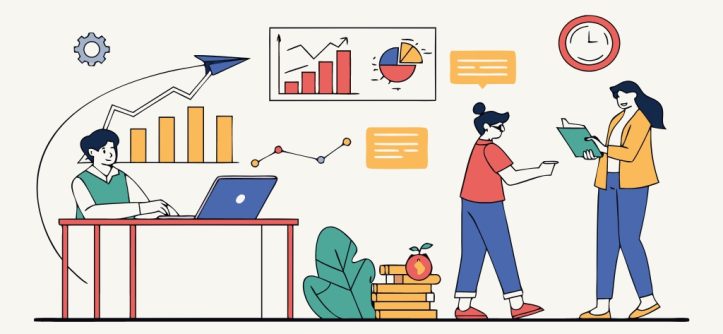
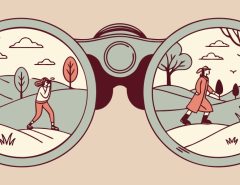
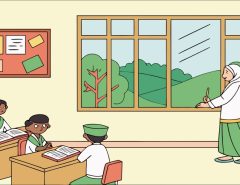
1 Comment